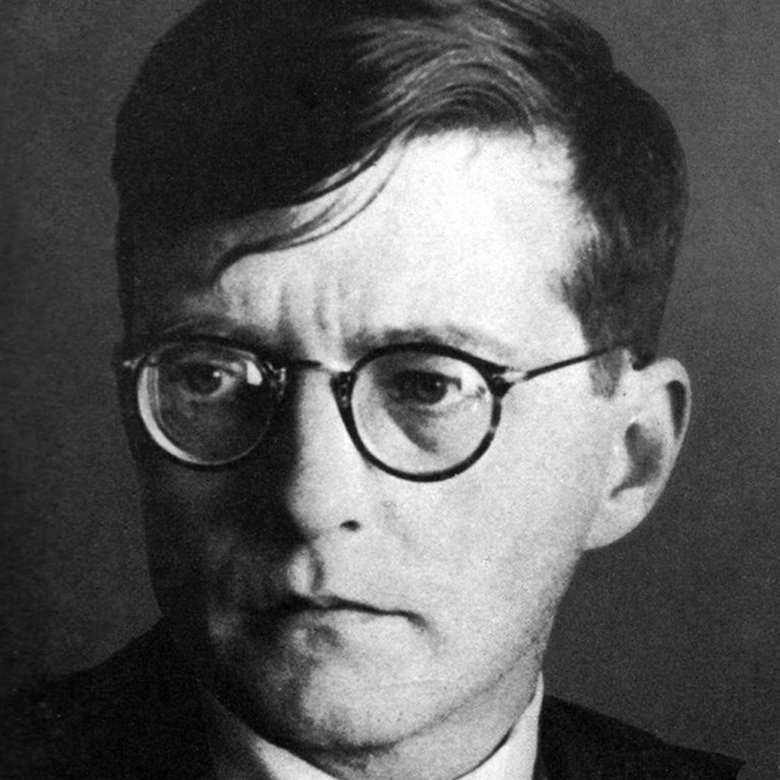The Shostakovich Question
David Fanning
Thursday, September 24, 2015
An isolated figure, working under one of the 20th century's most terrifying dictatorships, his music is emotional, controversial, misunderstood – and a guaranteed hall-filler. David Fanning asks: why are we obsessed with Shostakovich?

Register now to continue reading
Thanks for exploring the Gramophone website. Sign up for a free account today to enjoy the following benefits:
- Free access to 3 subscriber-only articles per month
- Unlimited access to our news, podcasts and awards pages
- Free weekly email newsletter







